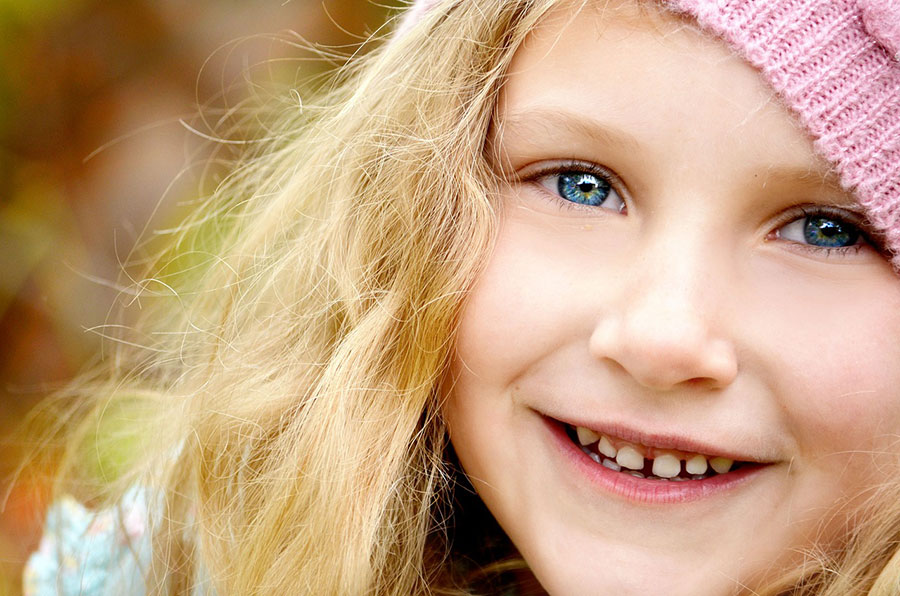Less intensive chemotherapy recommended for children’s cancer
Less intensive chemotherapy recommended for children’s cancer
9 Jul 2015Children with a rare type of cancer called Wilms’ tumor that are at low risk of relapsing can now be given less intensive treatment. In that way, they will be able to avoid a type of chemotherapy which can cause irreversible heart problems in later life.
This new approach follows the results of a Cancer Research UK trial, showing that the drug doxorubicin can be safely omitted from treatment without affecting patients’ chances of survival.
Clinical trial with more than 500 children across 26 European countries
The 10 year trial included 583 children with stage 2 or stage 3 Wilms' tumor, who were at intermediate risk of relapsing. They took part from 2001-2011 across 26 European countries.

The results showed that 96.5% children whose treatment included doxorubicin survived for five years or more, compared with 95.8% children who didn’t receive the drug. Although there were slightly more relapses among the children who avoided doxorubicin, they could all be successfully re-treated, meaning there was no impact on the overall risk of death.
The researchers are now carrying out further work, funded by Cancer Research UK, to pinpoint genetic changes in tumor samples from these patients that could be used to better predict the chance of relapse, so treatment can be tailored accordingly.
“Only one quarter of the children need the drug”
Wilms’ tumor is a type of kidney cancer that affects around 80 children a year in the UK, most under the age of seven. Until now, about one half of these patients would have received doxorubicin as part of their treatment, which carries a small but significant risk of heart problems in later life. Doxorubicin is helpful in treating many types of cancer.
Now only about one quarter of children - those at the greatest risk of relapse - need the drug.
Lead author Professor Kathy Pritchard-Jones, a Cancer Research UK-funded researcher at the Institute of Child Health, University College London and consultant oncologist at Great Ormond Street Hospital in London, said: “Thanks to the results of this trial fewer children with this disease will have to have treatment that could cause them lifelong side effects without much benefit. It’s taken researchers in 26 countries nearly 10 years to gather the data to support this theory, and none of this would have been possible without the 583 children who took part in the trial and the families that supported them.”
Source: eCancer News